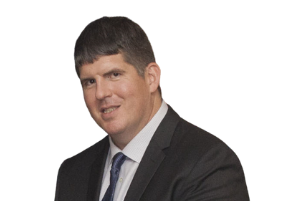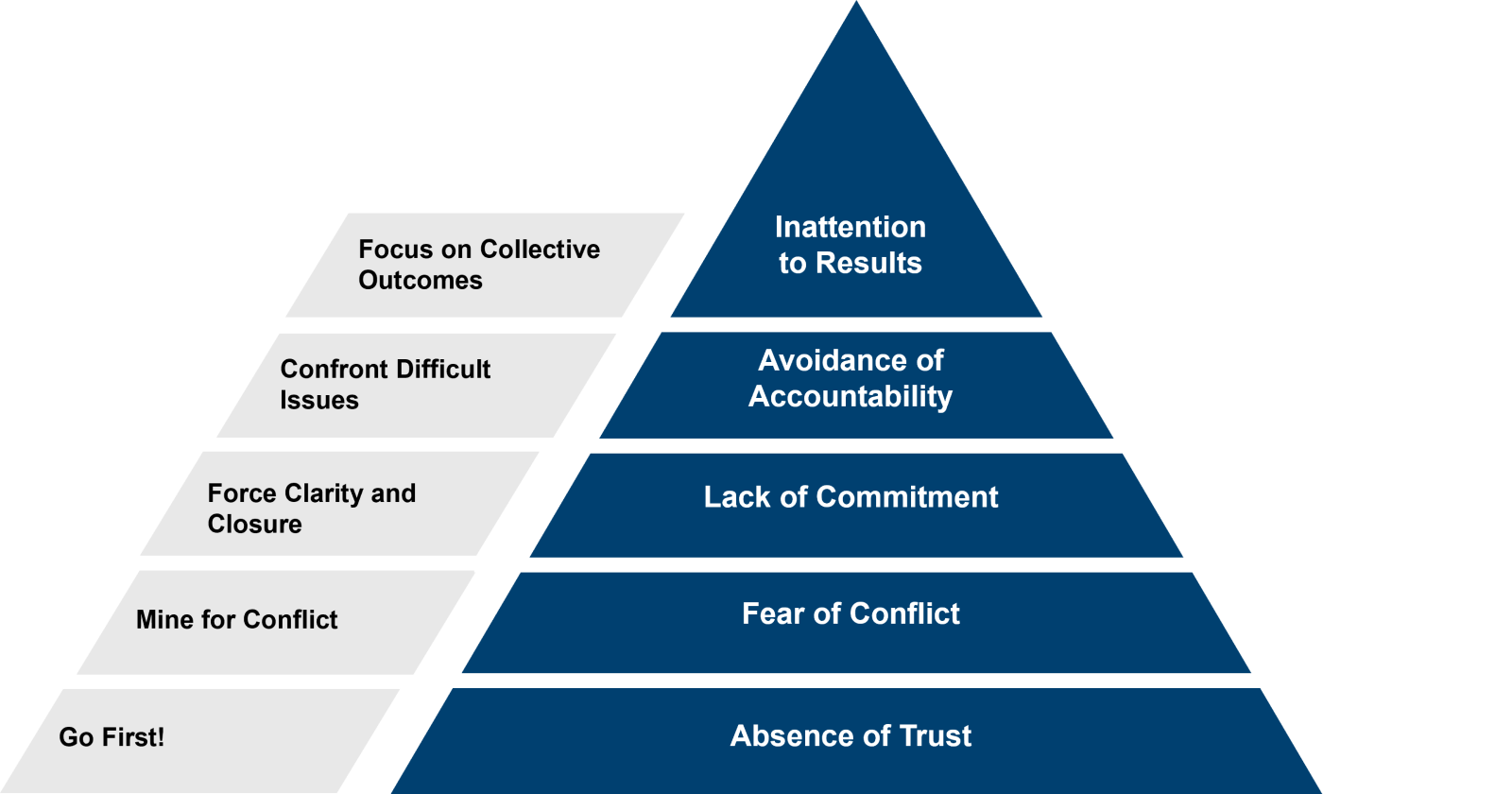
John Hammes
Chief Strategy Officer
John Hammes is the Chief Strategy Officer for Intelligent Waves. In his strategic leadership role, Hammes will widen IW’s expertise, experience, and innovative road-mapping in support of its clients in the Defense, Special Operations, and IC Community through asymmetrical leading-edge solutions that accomplish mission-critical operations in cybersecurity, systems integration, and C5ISR.
As a bold innovator and a strategic thought leader, John Hammes brings over 20 years of hands-on proven experience to Intelligent Waves, including the coveted institutional knowledge of operating and managing high-impact programs in the most demanding and austere military IT environments. Hammes is highly recognized within the Defense and IC community for his innate ability to think outside the box to direct a broad range of IT innovations.
Recently, Hammes oversaw the successful rollout of IW’s GRAYPATH (GP), the next-generation solution for expeditionary communications. Through its patented IP Spread Spectrum technology, GP leverages the cloud to randomize and distribute message packets through the simultaneous use of multiple transport paths and encrypted channels. GP algorithms optimize throughput by continuously sensing and adjusting the message flow according to channel availability and bandwidth capacity creating a smoother connection even for HD video transmissions. As a result, GP dramatically lowers the risk of detection and interception and is nearly impervious to disruption.
John Hammes has served our country for over 12 years in U.S. Army Special Operations Command and served in the 112th Signal Battalion and 1st Special Forces Operational Detachment Delta.
John has earned his Bachelor of Science degree in Computer Science from Excelsior College and has completed his graduate studies at the University of North Carolina Chapel Hill – Kenon Flagler Business School, earning his MBA.
Leadership Philosophy
During my career, there have been many changes to my approach to leadership and over that time aspects of my philosophy have changed, but as most of these aspects evolved, the goals have fundamentally remained the same.
What guides these philosophies? It starts with 13 years of organizational football at the college and semi-professional level and one national championship ring. I grounded my foundation on the importance of the team and why each individual member’s contributions, though different, equal the totality of the team’s ability to operate. Micromanagement of others is NOT an option. TRUST in each other’s competency and motivation is what we must rely on to operate at an ELITE level.
Following my time in football, I spent another 14 years in Special Operations Forces (SOF) most of which was spent serving in the US Army Delta Force where TRUST in each other was engrained in the culture. Striving for individual excellence was EXPECTED. Individual accountability was REQUIRED.
Many of my philosophies build from the SOF truths and one can expect to find similarities in how I operate in these truths.
People above all else are our greatest asset “Mission first, people always.” In our organization, people ALWAYS come first. This truth comes at a conflict as our mission is always our PRIORITY. Finding the balance between mission and people is and will always be a balancing act in our organization. People and results ARE compatible, NOT competitors. Since our organization’s mission requires the ability of a team to work together, we must focus on our people first. What this looks like in practice is taking time to understand one another’s challenges, needs, and objectives in respectful and professional ways. Rapid mission accomplishment will NOT be at the expense of the team.
Speed, agility, and responsiveness are the keys to future success. Quantity doesn’t necessarily lead to effectiveness. In many cases it has the opposite effect. Quality people is what allows us to scale. Our goal is to focus on getting better, and if we do, our customers will demand that we get bigger. To maximize the effects of this efficiency a small team of highly capable, focused and committed specialists is always preferable to a large group of generalists.
Deadlines are generally flexible and communicating that more time is required BEFORE hand is always acceptable. Missing a deadline without communicating beforehand erodes TRUST and is unacceptable. Expect to be held accountable.
Emotional decisions are unacceptable. The expectation is business decisions will be made based on facts and researched assumptions. All decisions come at a cost so be prepared to defend every decision with the facts and researched assumptions used to make that decision.
Excuses most project failures come from people who have the habit of making excuses. I won’t hear them. Defend failures with facts and data. Always be prepared to brief the next course of action rather than admit defeat.
Resources: If you spend them, always know how that decision will produce more resources. “Spend one dollar to make two.” If you cannot justify the investment, then you’re not ready to make the allocation.
Team: We are one and everyone should feel a part of it. Do not refer to others as employees. Respect each other’s strengths and weaknesses. Help one another improve, ALWAYS.
Ignorance is not acceptable. If you do not KNOW, or understand, ASK.
Truth: There is no place for dishonesty on a team. Lies and mistruths will be dealt with quickly. Expect to be held accountable.
DISSENT is REQUIRED. If you don’t agree always speak up. That doesn’t mean the decision will change, but it may lead to others not making a bad decision.
Innovation is our DNA. We will have an unrelenting drive to break the status quo and develop anew where few have dared to go. Challenge assumptions and norms but be sure to do so constructively.

